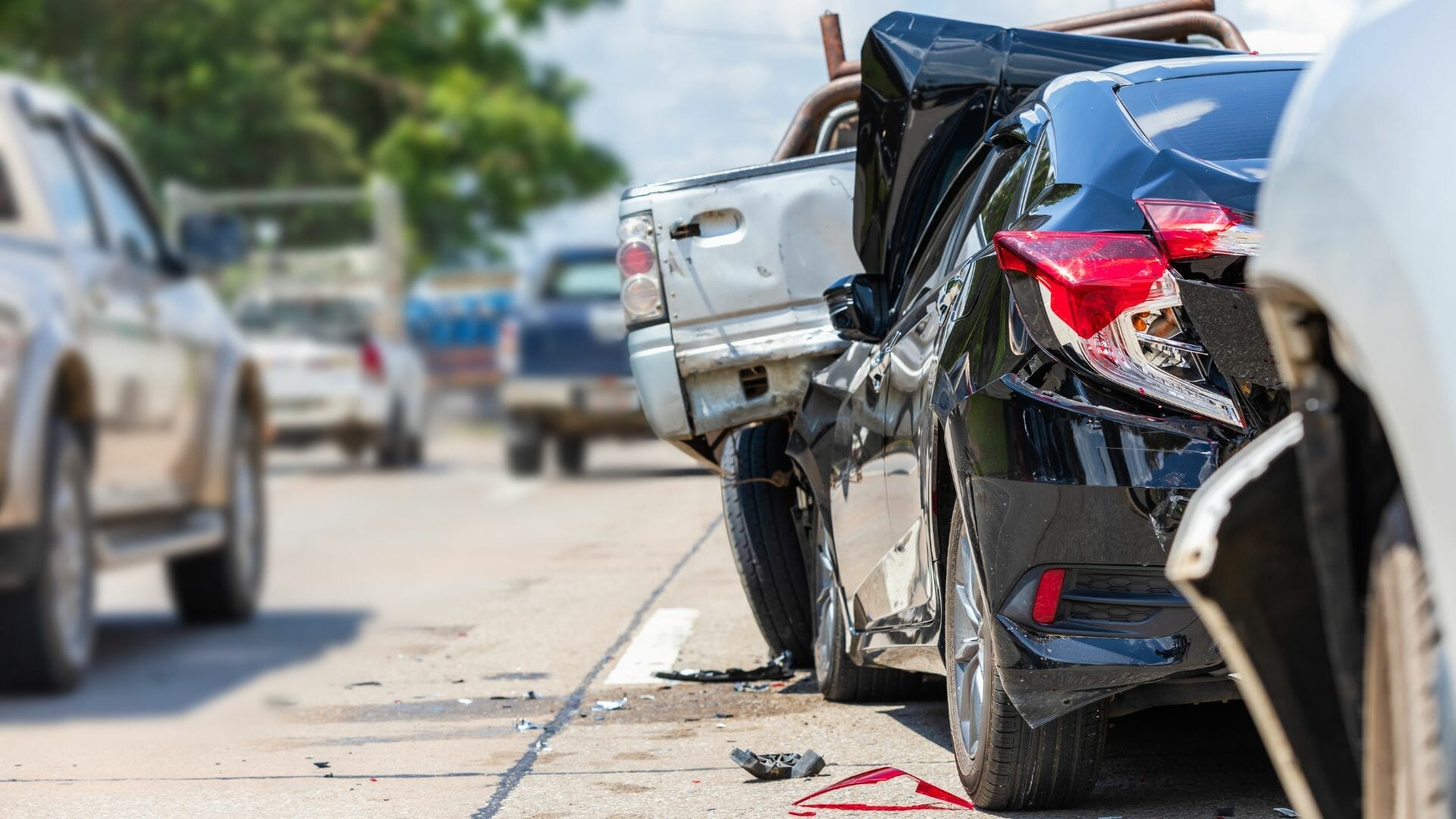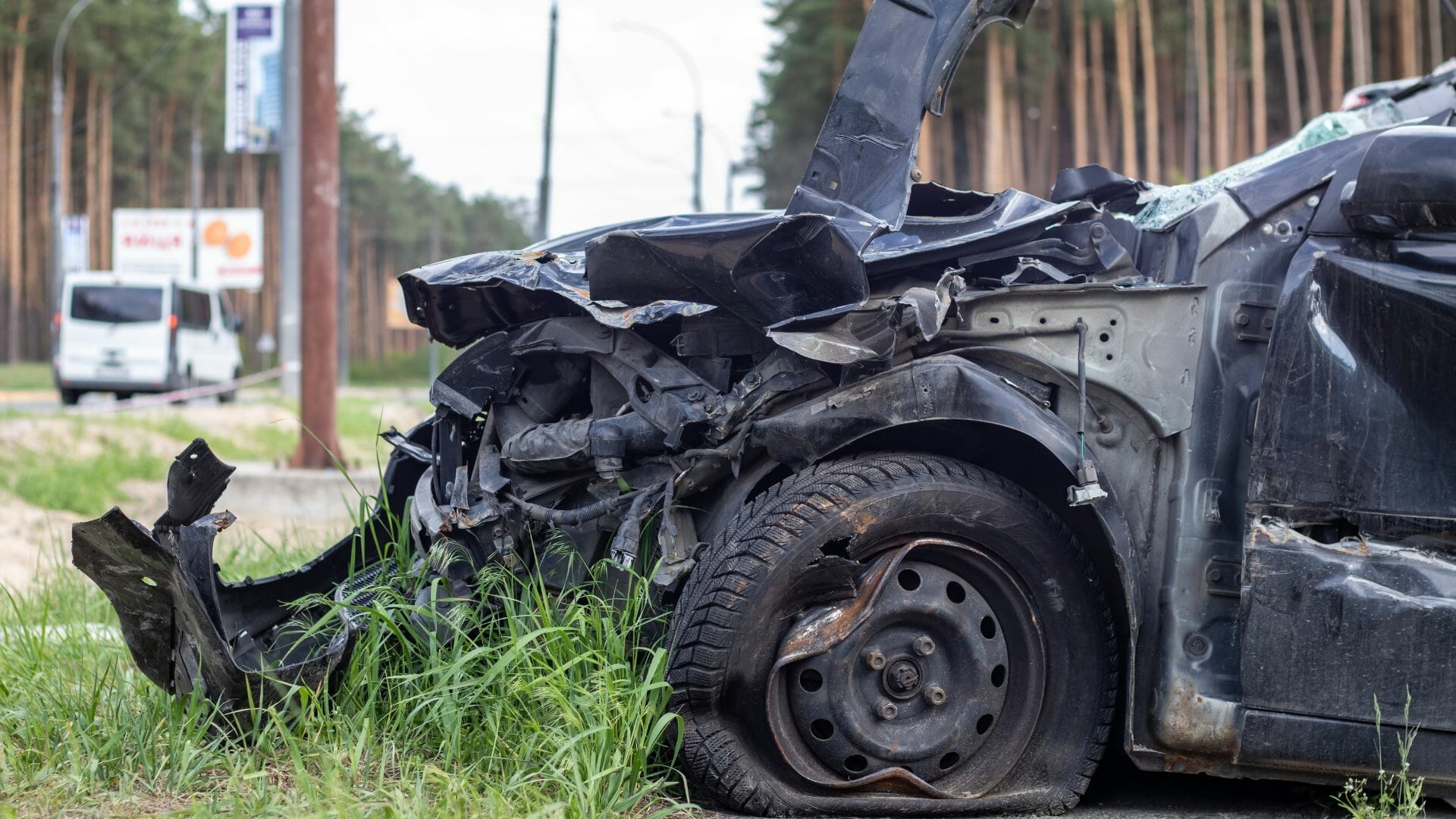The dangers of a car wreck are amplified when your vehicle rolls over. While roll over accidents are less common than other types of wrecks, the risks they pose can be serious and life-threatening. Front airbags and seat belts can help lessen the trauma of a front- or rear-end collision. But some older cars do not have safety features to protect against the forces of a roll over accident.
As a result, these crashes present numerous unique dangers for you, your passengers, and those who might try to assist you after a crash. And sadly, roll over accident is not unusual in Richmond. Talk to Richmond personal injury lawyer and understand your case better.
It is crucial to learn how to mitigate your risk and what to do if you find yourself involved in such a wreck in Richmond.
What Leads to Roll over Accident?
A roll over accident, like other car wrecks, typically happens because one or more drivers act carelessly. But unlike other crashes, roll over accidents occur under circumstances that place unique forces upon the car.
What is Roll Over Car Accident?
In a roll over car accident, the forces applied to the top side of the car are great enough to push or pull the car onto its side and then its roof. In extremely violent crashes, the forces can cause the car to tumble and roll several times.
There is no way to predict whether a specific crash will result in a rollover. However, the risk of such an occurrence rises when one or more of the following factors are present:
T-Bone or Side-Impact Collisions
A side-impact crash, where two vehicles collide at a 90-degree angle, is most likely to result in a roll over accident. This is due to the fact that the forces involved are applied to one vehicle’s side — the location most likely to cause the vehicle to tumble over with the application of sufficient force.
In contrast, roll over accidents are rare in rear-end or front-end crashes, unless the impact sends the vehicle over a hill or down an incline.
Vehicles of Dissimilar Size
Side-impact crashes involving cars of the same or similar size are not likely to result in a roll over. This is because the forces involved are often applied near the middle of the struck vehicle, where there is more stability.
When the two vehicles involved are of dissimilar size, however, the striking vehicle applies forces further away from the struck vehicle’s center of gravity. And when a car receives forces further away from its center of gravity, it is less stable and more likely to flip or roll over.
Hills and Inclines
If another car or truck forces your vehicle over a hill or down an incline, there is a tangible increase in the chance of a roll over accident.
The forces at work on your car while on an incline affect the top portion of your vehicle more than the bottom. This can cause your vehicle to become unstable, leading to a roll over.
Your Vehicle’s Type
If you are driving an SUV or truck that sits high off of the ground, your vehicle has a higher center of gravity. It is thus more susceptible to a roll over accident, especially in a side-impact or sideswipe collision. Lighter vehicles are also able to roll over more easily for the same reason.
Conversely, heavy sedans that sit low to the ground are some of the vehicles least likely to suffer a roll over.
Why Roll over Accident Happen in Richmond

A roll over accident is a risk any time two vehicles converge at an angle. Even head-on accidents can happen at an angle if one vehicle swerves to avoid hitting another.
However, it is more likely for roll over accidents to happen at intersections and merge points. Vehicles traveling at perpendicular or near-perpendicular angles meet at these areas.
Accidents at intersections and merge points can happen because:
- One driver is not following Virginia’s right-of-way laws
- A distracted driver is not paying attention to stop lights or traffic signs
- Drivers who are in a hurry speed through an intersection or try to “beat” others approaching the same intersection
- A municipality or other public authority has not cleared trees or brush, resulting in obscured signs and traffic signals
- Road designers failed to place adequate signage approaching an intersection warning drivers of the approaching merge point
Determining the cause of a roll over accident is more than a theoretical exercise. Uncovering the negligent choices and decisions that led to such a wreck helps you and your injured passengers protect your rights.
The driver or other entity whose careless acts caused a roll over crash is legally responsible for paying the losses of those hurt.
Compensable Losses in Roll over Accidents
Depending on the facts of your case, you may be able to recover monetary damages to address a number of losses you experienced. Damages received in your case could compensate you for:
- Your medical expenses and any hospitalization you required
- The cost of your tow bill and recovery of your vehicle
- The replacement cost of your car and any personal property damaged
- The value of the time you missed from work while you recovered
Additionally, mental and emotional injuries are common in traumatic roll over accidents. You may suffer from post-traumatic stress disorder (PTSD), depression, or anxiety because of your experiences.
These conditions can impact your daily life, reducing your willingness to drive or be in a vehicle at all. Compensation available through a car accident lawsuit can address these losses, too.
Turn to The Joel Bieber Firm for Trusted Representation
You have an ally in The Joel Bieber Firm after a Richmond roll over accident. If you were the victim of another’s poor decisions behind the wheel, we can fight aggressively to get you the compensation you deserve. Contact us at The Joel Bieber Firm today.
Interesting Reads:
Dangerous Intersections In Richmond
What Happens If Someone Else Driving My Car?
What Are The common causes of pedestrian accidents And How They Happen?

